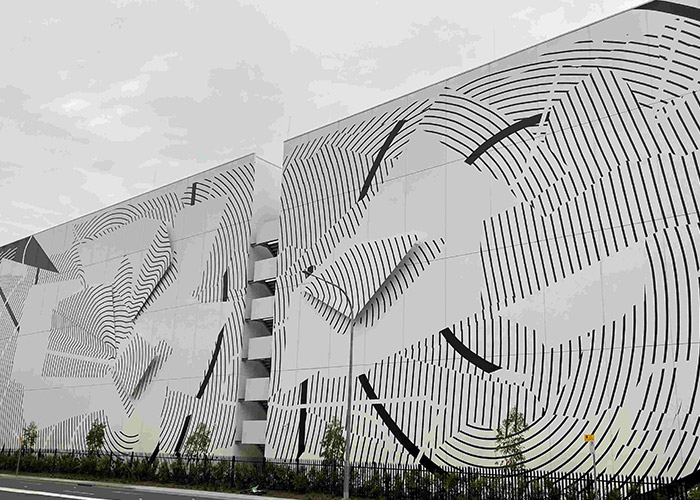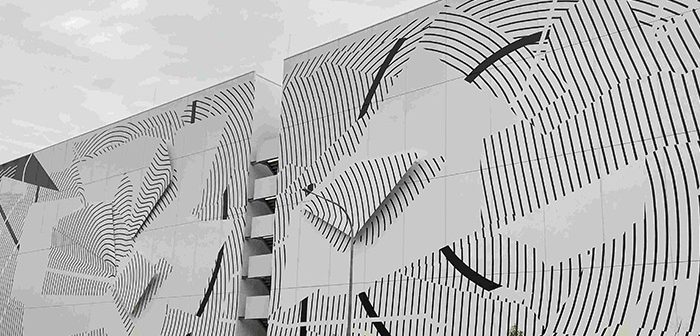
Digital Infrastructure company Equinix is investing approximately AUD240 million to add 4,175 cabinets to two of its International Business Exchange data centres in Sydney and Melbourne. Equinix says the rising need for high-density power, advanced cooling and interconnection as demand for digital infrastructure accelerates.
“The expansion of Sydney (SY5) and Melbourne (ME2) ensures we have the capacity in place so customers can continue to take advantage of the thriving Australian digital economy with minimal friction,” said Equinix Australia MD Guy Danskine. “Since Private AI is emerging as the preferred model of adoption, access to high-performance digital infrastructure is essential. This provides organisations with low-latency connectivity to multiple cloud providers, as well as private infrastructure, enabling them to leverage best-of-breed AI models while maintaining localisation and control of their data. Sustainability and efficiency remain a core focus to ensure we deliver this increasingly energy-intensive digital infrastructure in a responsible way.”
A recent CSIRO report shows that 68% of Australian businesses have already implemented AI technologies, and a further 23% are planning to implement in the next 12 months. However, to effectively harness the power of AI, they require infrastructure that can support the needs of higher power density, advanced cooling and connectivity. Private AI is becoming a preferred choice for enterprises as it offers the control, privacy and security they need while satisfying requirements for data governance, performance and predictable costs.
Both investments reinforce the importance of Sydney and Melbourne as growth metros. According to the Equinix Global Interconnection Index (GXI) 2024, Melbourne is the world’s fastest-growing edge metro for interconnection bandwidth, with a 45% compound annual growth rate (CAGR) and is set to reach 102 Tbps by 2026. Sydney is forecast to reach 1,141 Tbps by 2026, growing at a 34% CAGR, making it the fourth-largest metro in the region.





